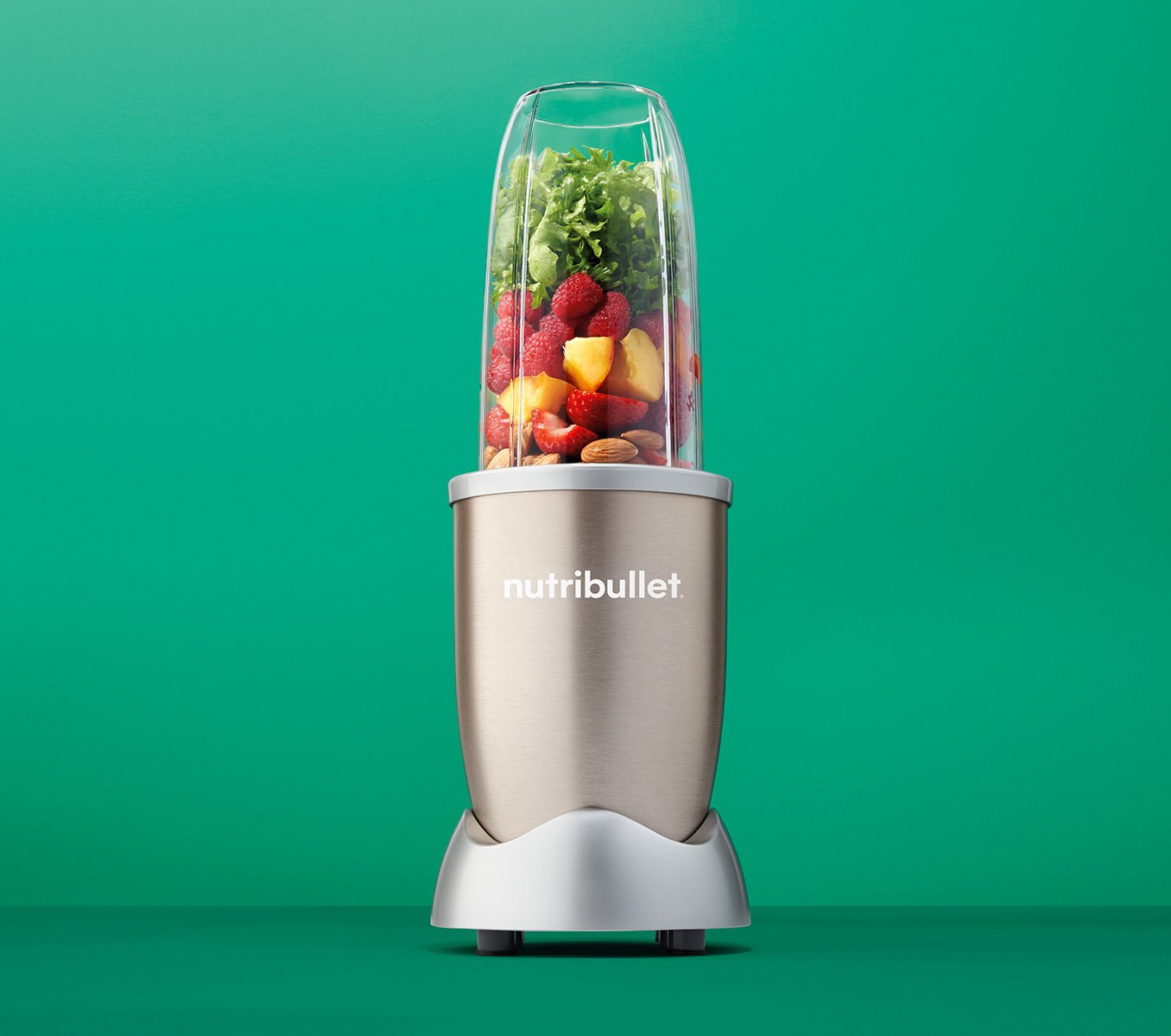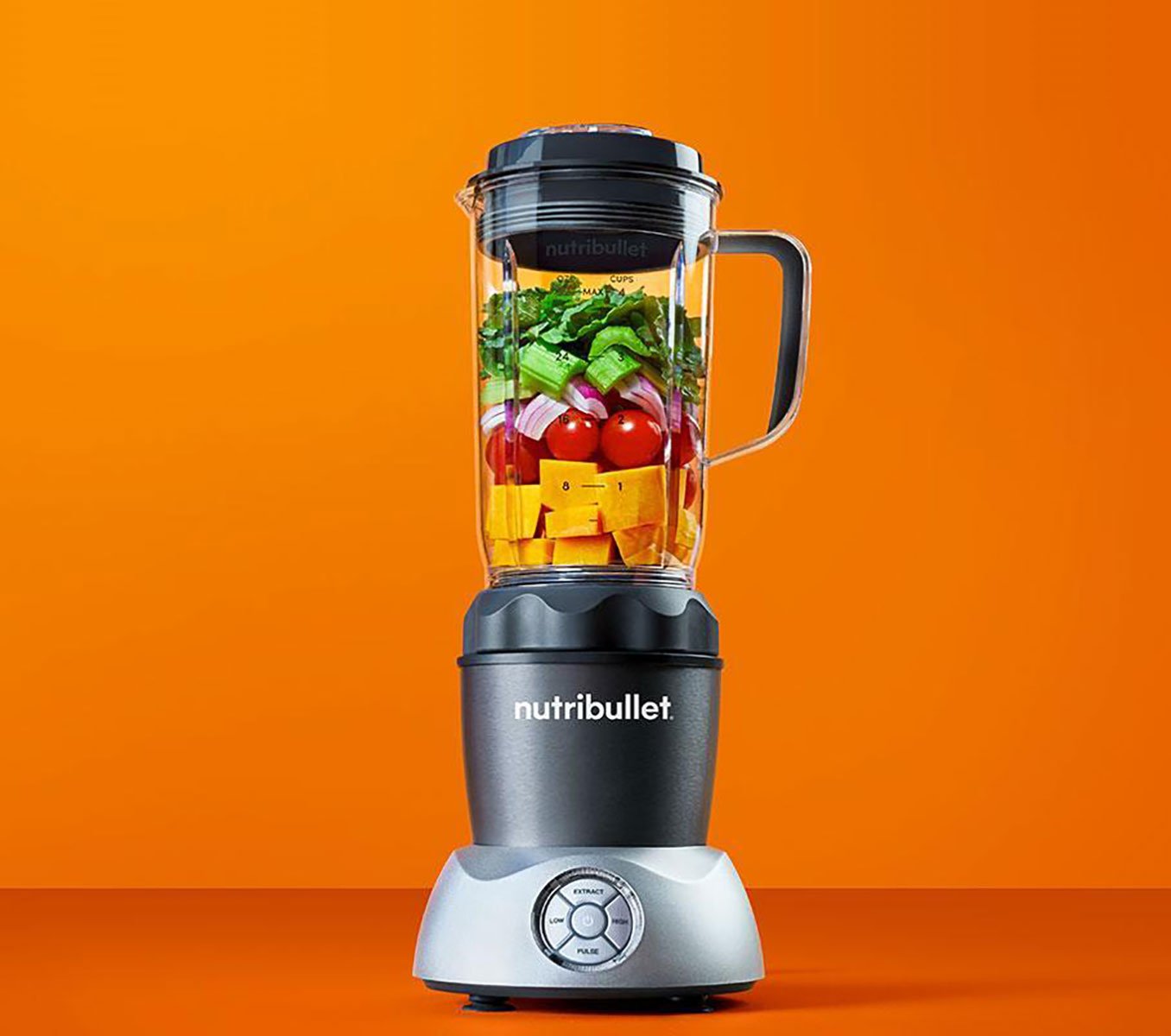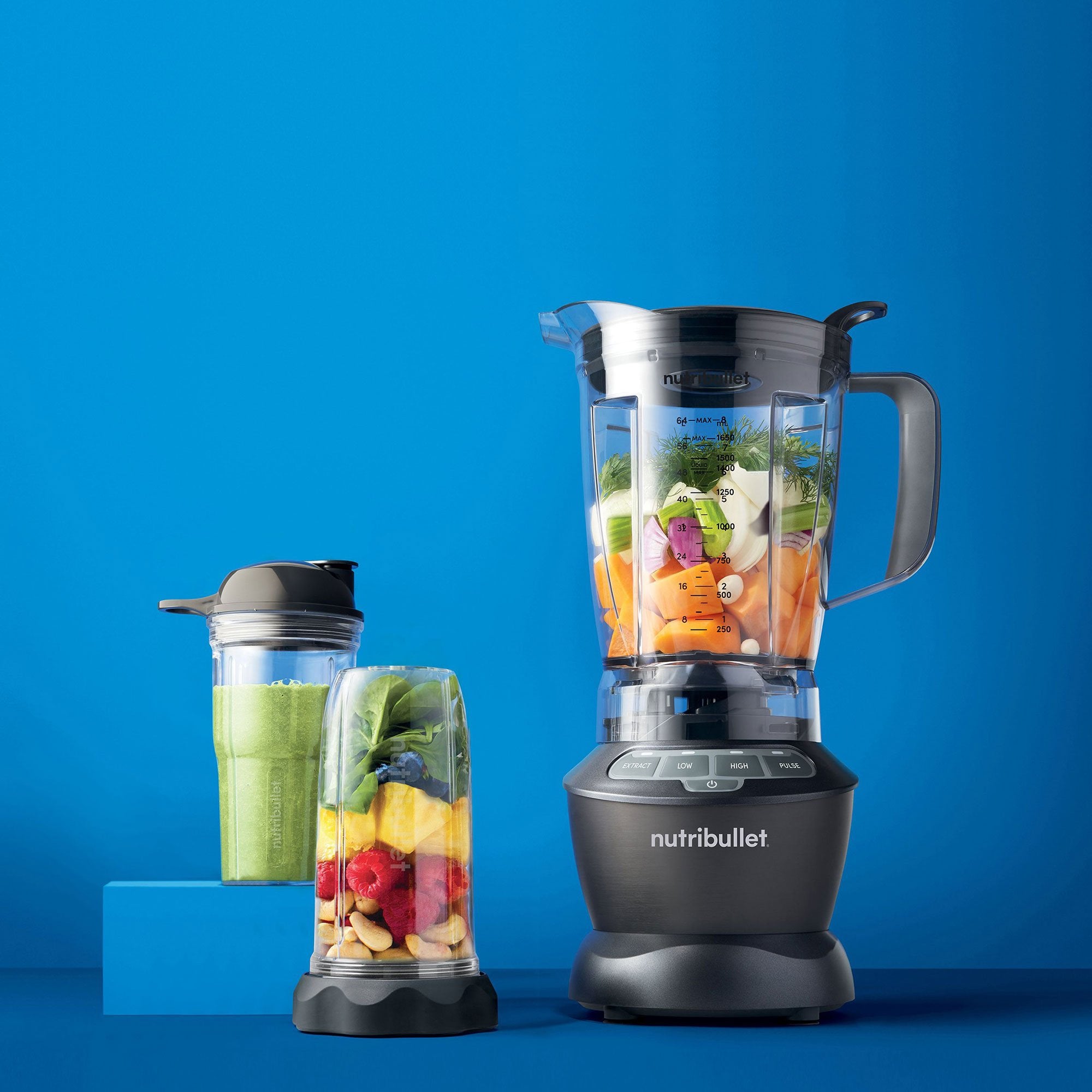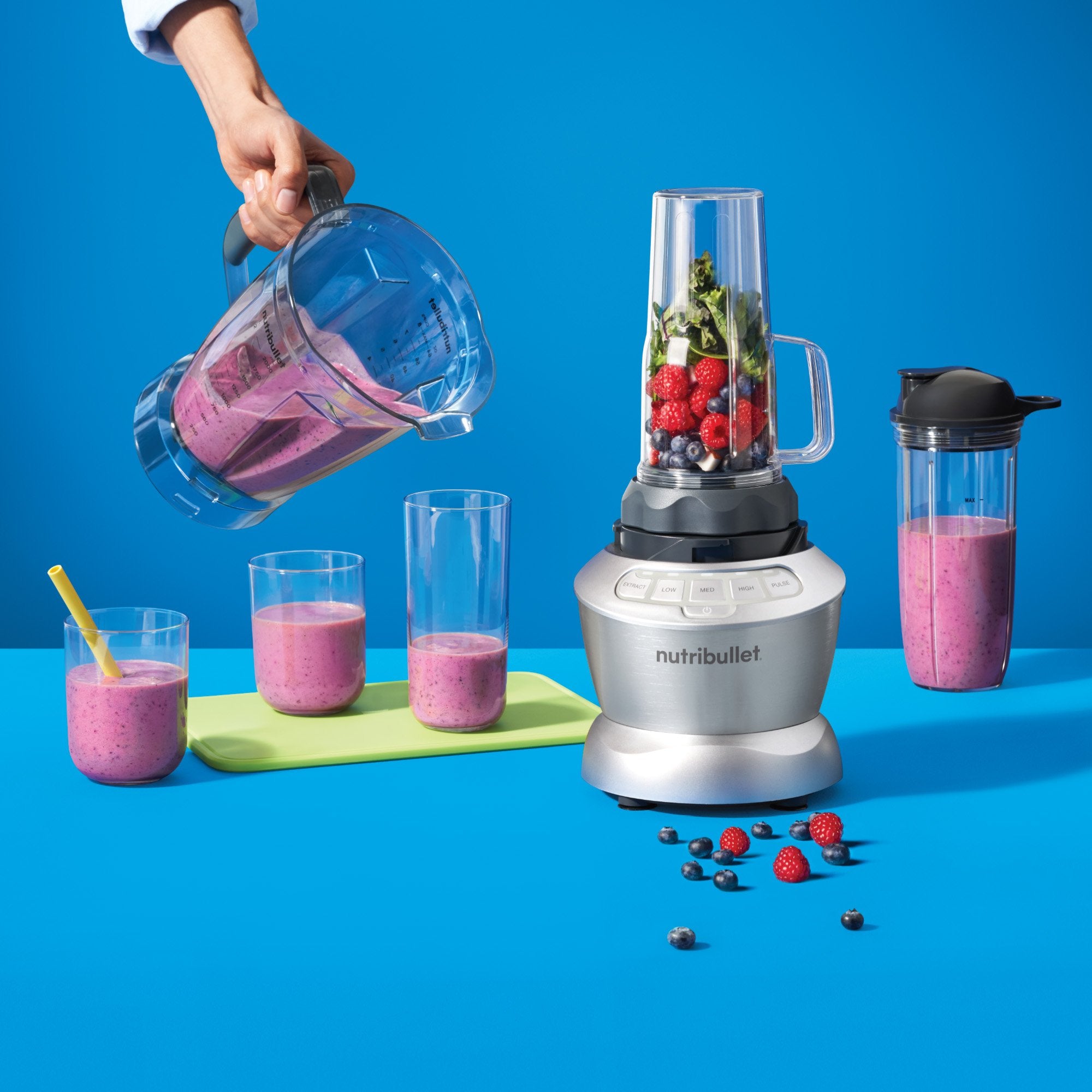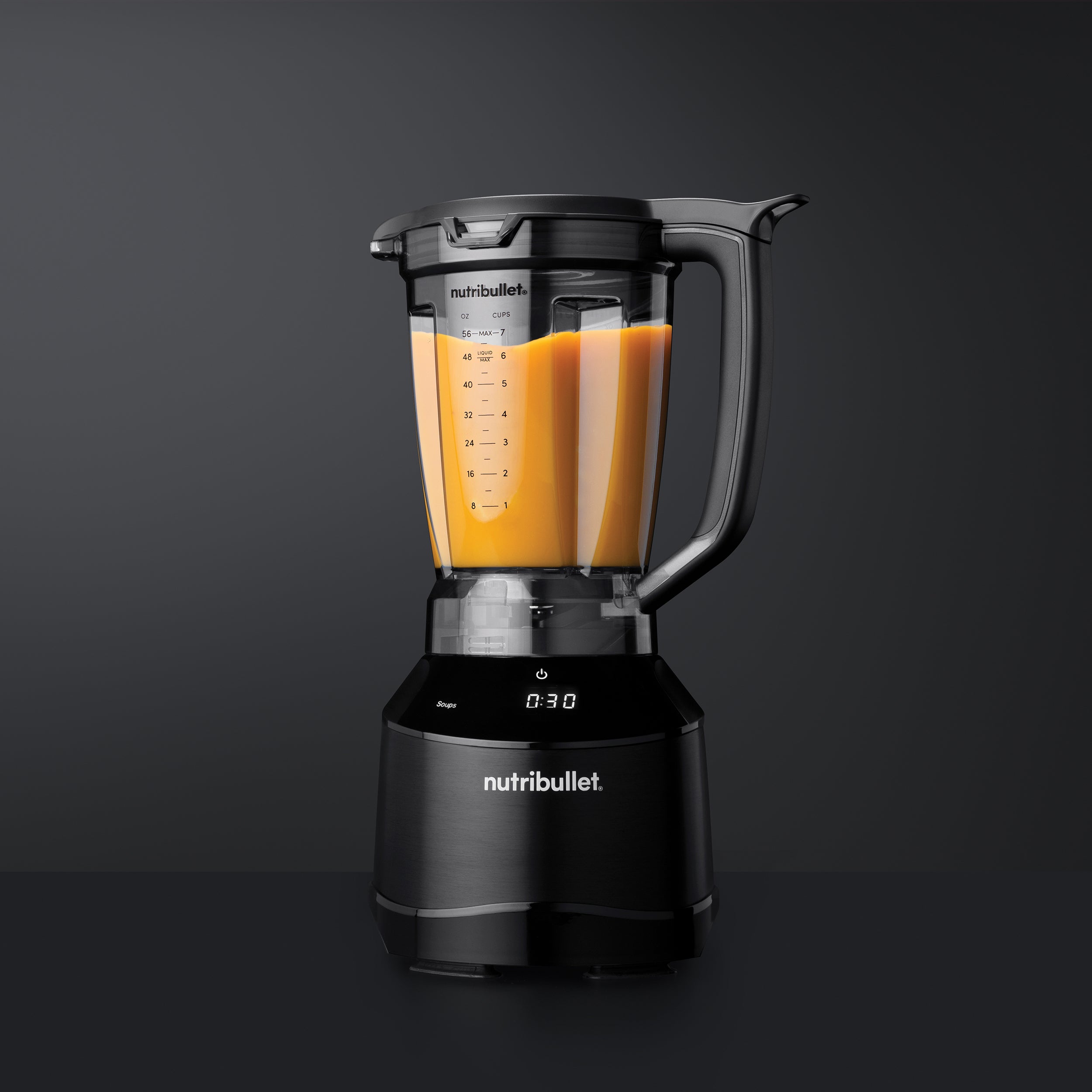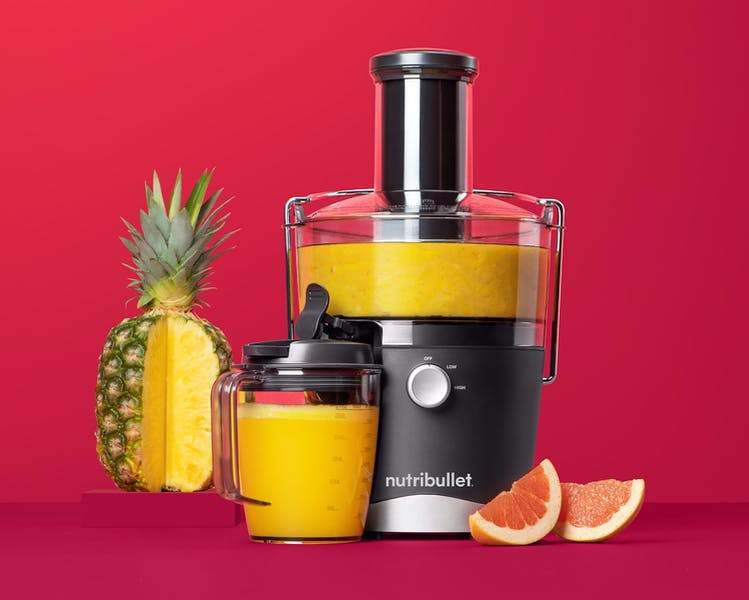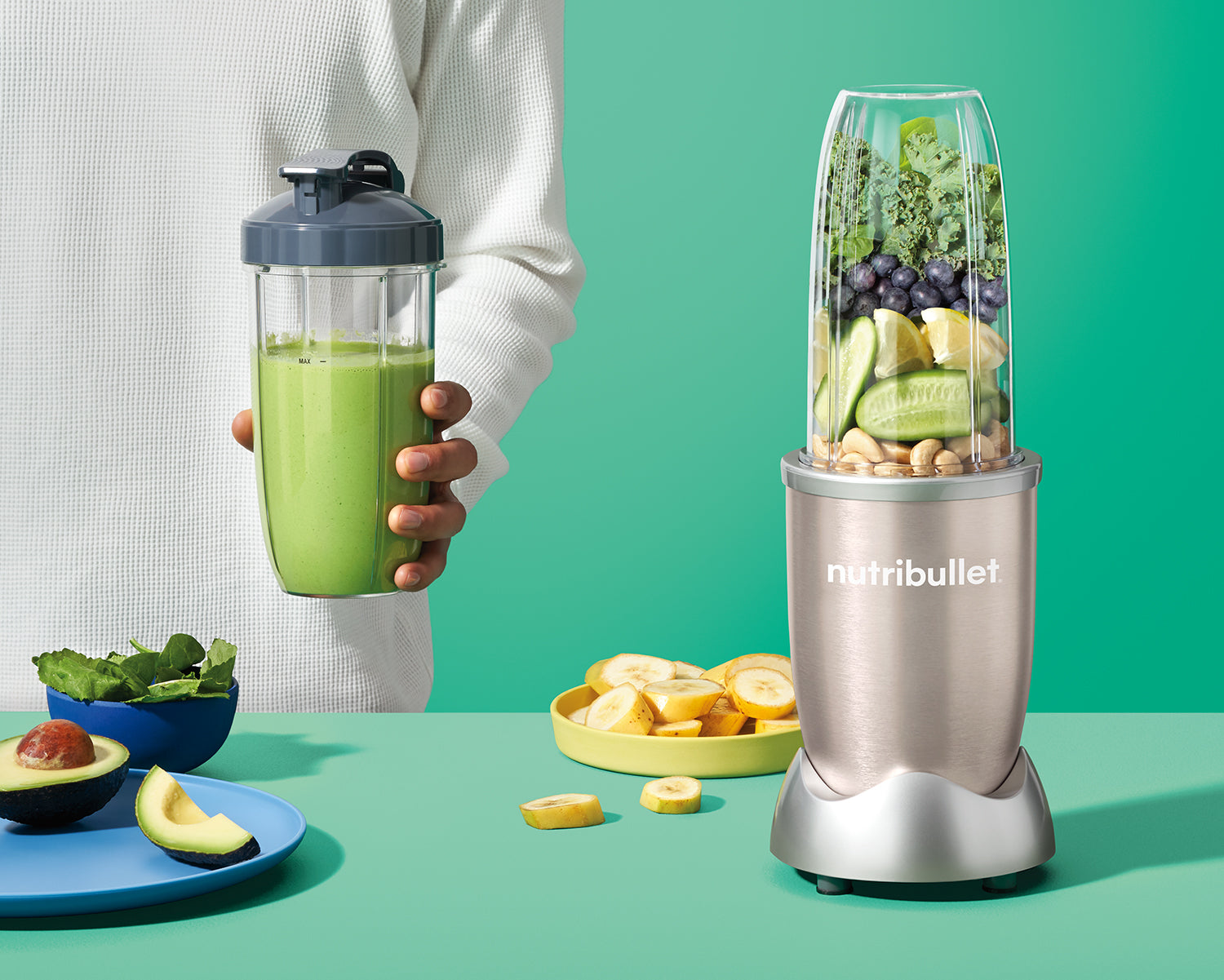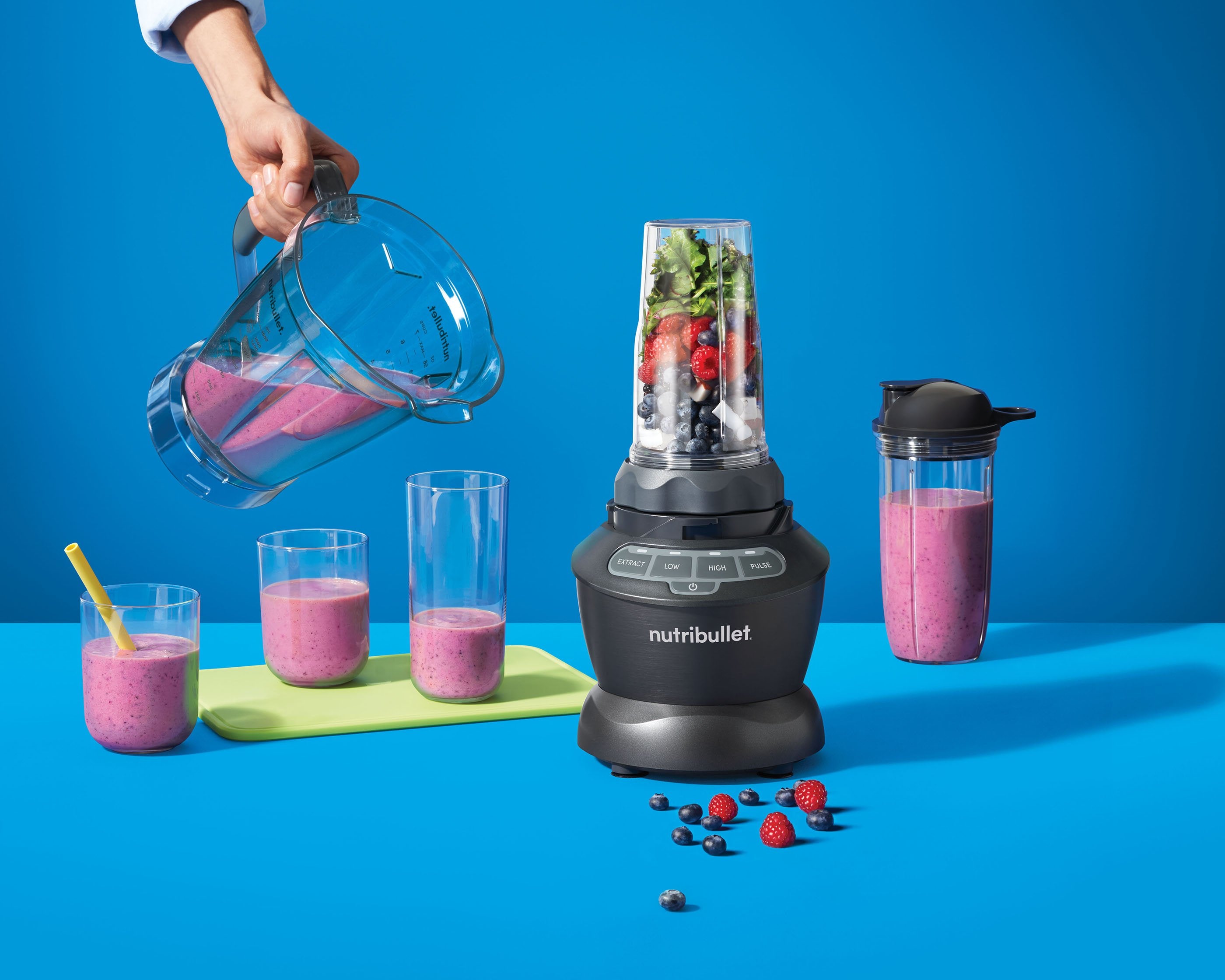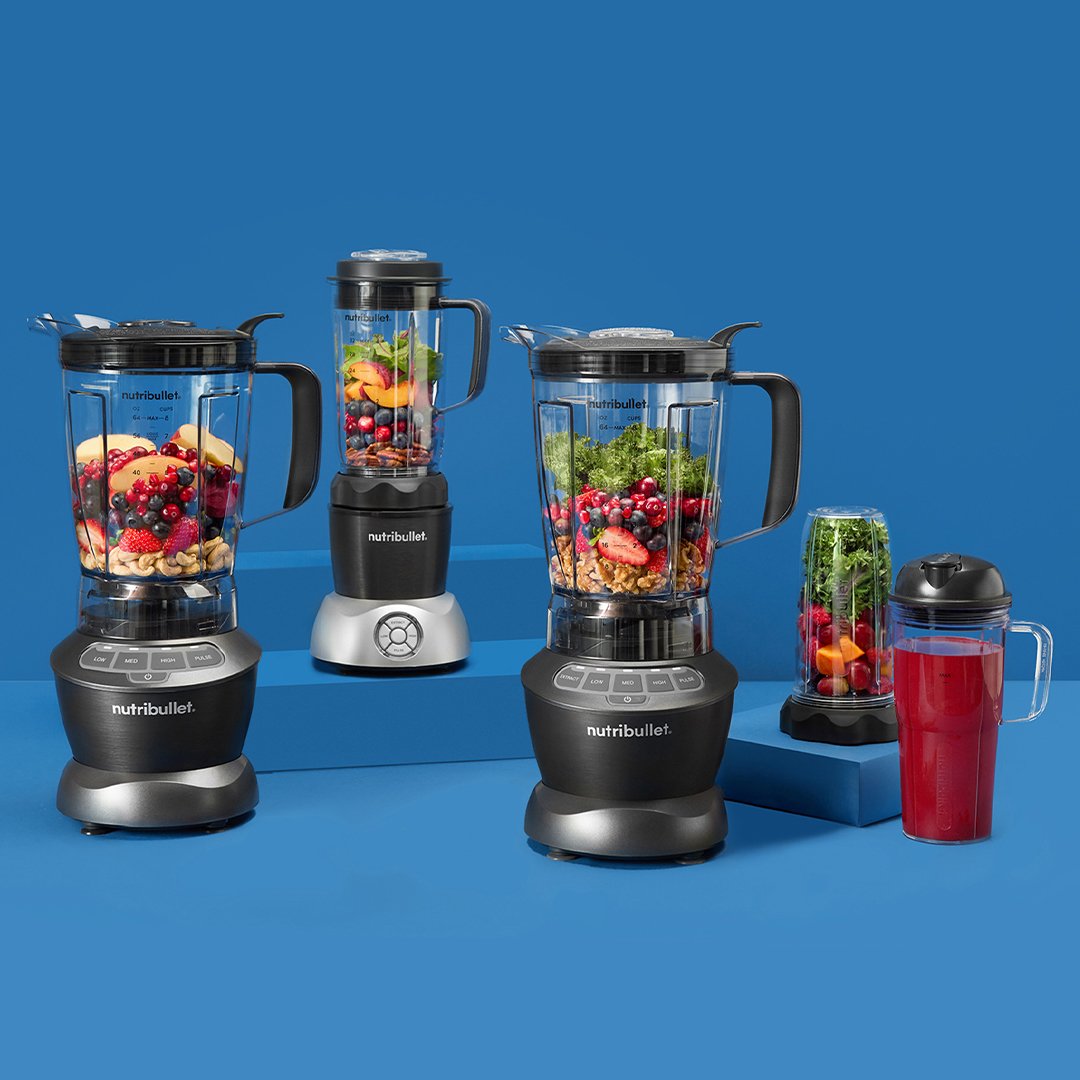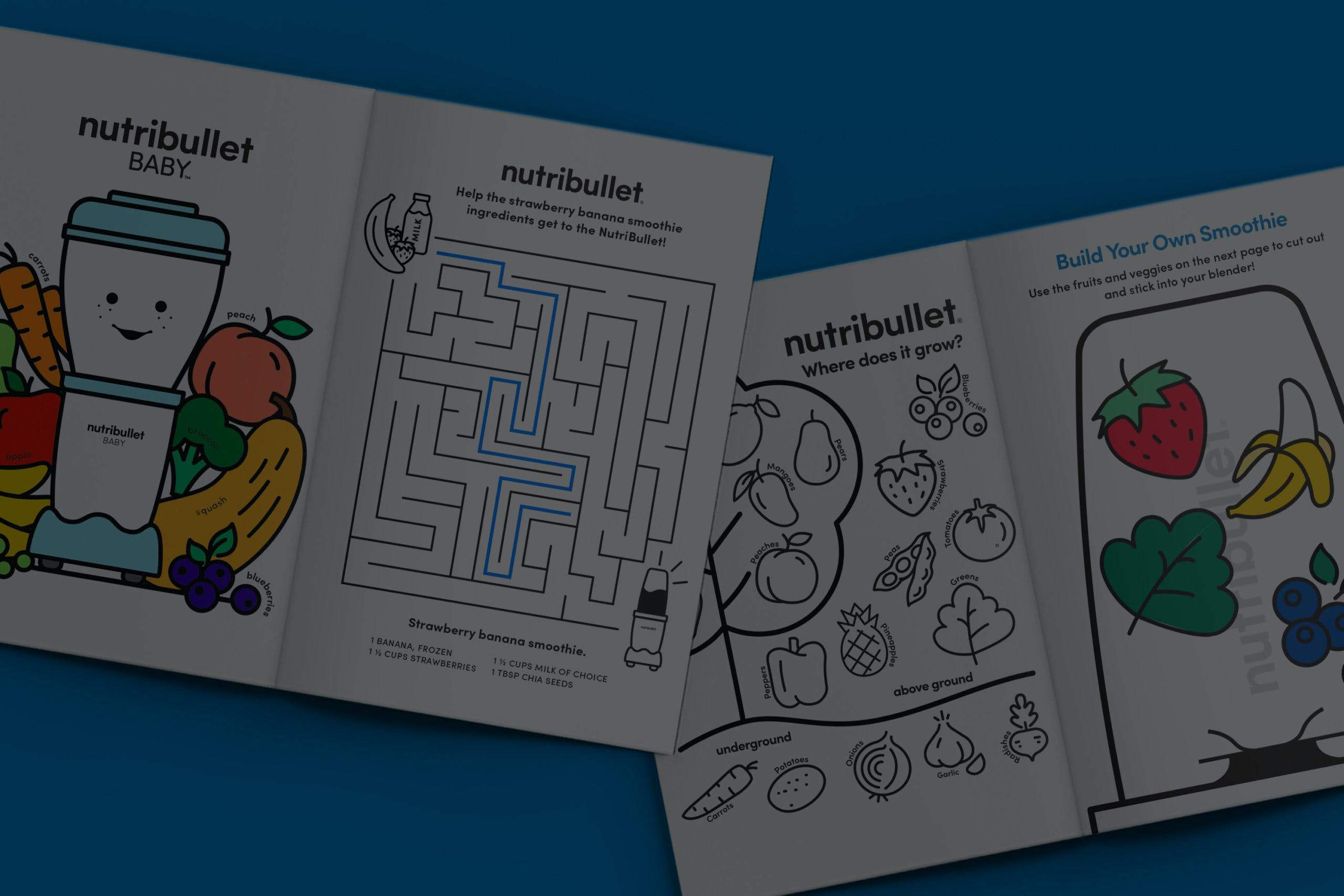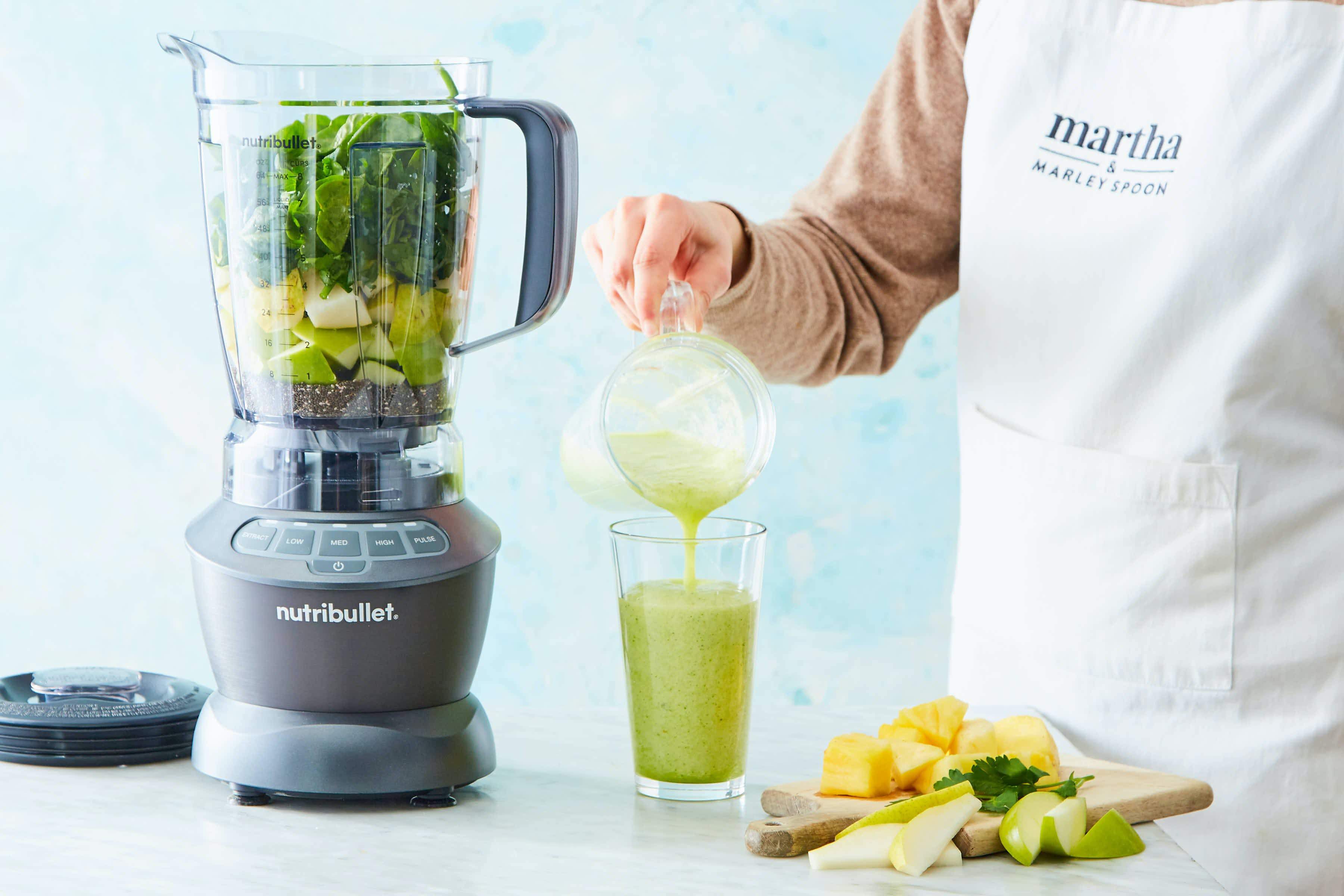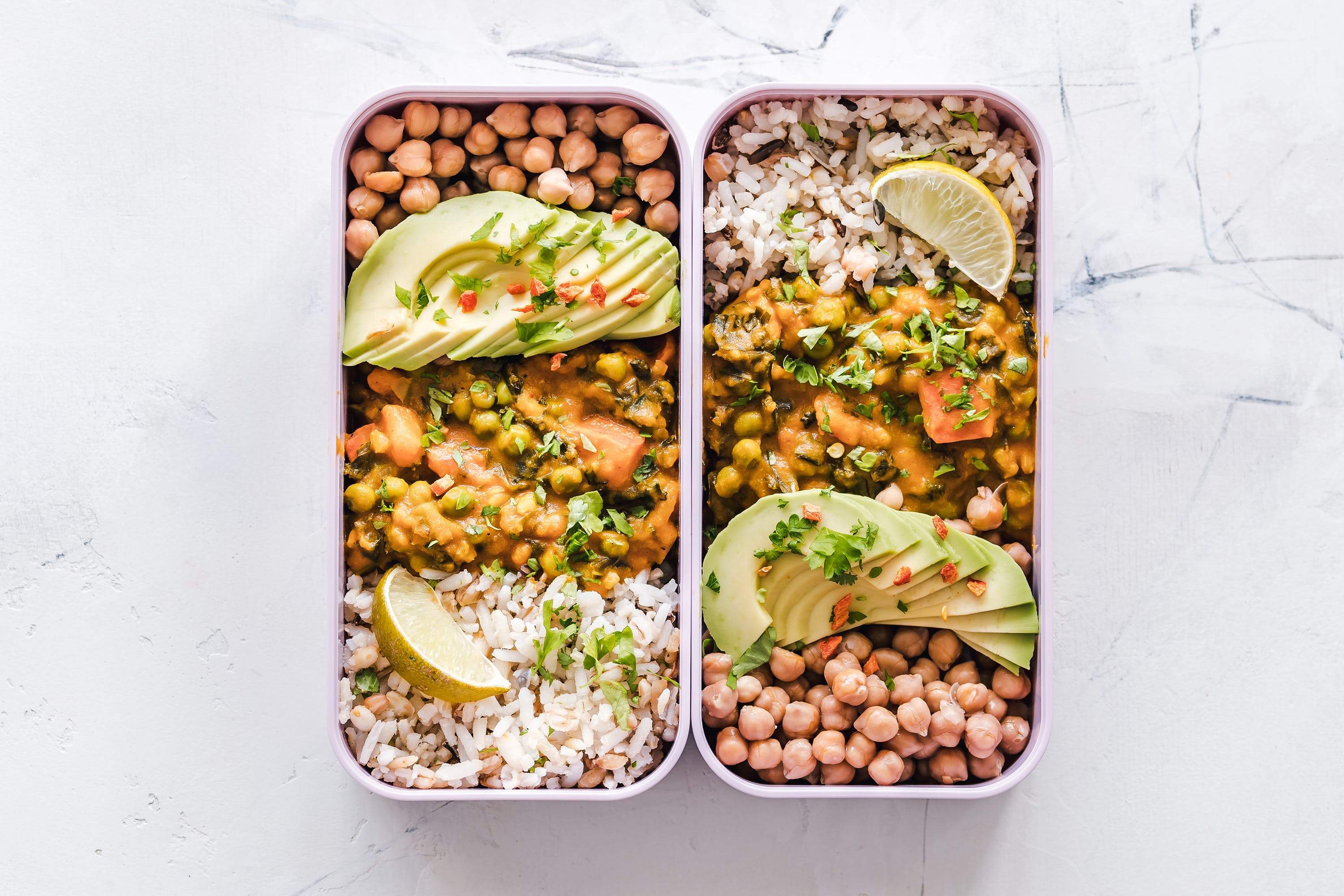When the average person thinks of healthy eating, they think of losing or maintaining weight, feeling good on the inside, and looking good on the outside. Though healthy eating can achieve these and more, a recent study shows that this may not always be the case.
Researchers at the University of Texas at Austin found people who eat foods that are labeled "healthy" tend to eat more than the recommended serving size. Because these foods are generally perceived as less satiating, consumers often overate, subconsciously believing they weren't full, and opted for more, leading to uncontrolled binge eating.
The study, published in the Journal of the Association of Consumer Research, took part in three phases. First, participants were shown photos of healthy and unhealthy foods and asked to relate them to words associated with "filling" and "not filling." People more often associated the unhealthy foods with feelings of being full.
Second, researchers measured hunger levels of participants after eating the same cookie, in different cases labeled healthy or unhealthy. Those who thought they had eaten a "healthy" cookie reported being hungrier 45 minutes later than those who thought they had eaten an "unhealthy" cookie.
In the final phase, participants were asked to order as much popcorn as they'd like, with popcorn portrayed as healthy, unhealthy, or nourishing. Those who thought they were eating the healthy stuff ordered more than the ones who believed their food was unhealthy or nourishing.
The study did not conclude that individuals overeat healthy, whole foods like fruits and vegetables. It looked more closely at consumer's perception of the word "healthy" and its use on packaged foods – signaling that, while the healthy food itself might be better for us, the associations we create based on food labeling can impact how much we eat.
It's all well and good when talking about natural, whole foods, but what happens when you come across a packaged food that claims to be healthy? Specific standards of practice do not regulate words like "nutritious," "wholesome," "fresh" and others, so you might be binging on something that isn't actually good for you.
Do you think you overconsume healthy food? Do you order larger portions when you think that the food is good for you? This study's findings are a crucial conversation starter among obesity experts. Maybe making the right food choices isn’t the issue, but deciding how much of those foods we actually eat can make all the difference.
Nutritional information
Recipe: Creamy Green Strawberry Dream Serving in this recipe:1
- Calories: 236.6
- Total Fat: 3.6 g 5.5%
- Saturated Fat: 0.4 g 1.9%
- Cholesterol: 0 mg 0%
- Sodium: 358.7 mg 14.9%
- Total Carbs: 45.7 g 15.2%
- Dietary Fiber: 9.9 g 39.4%
- Sugar: 22.1 g
- Protein: 8.1 g 16.2%
- Vitamin A: 481.9% Vitamin C: 244.1%
- Calcium: 68.5% Iron: 26.1%
* Percent Daily Values are based on a 2,000 calorie diet. Your daily values may be higher or lower depending on your calorie needs.

